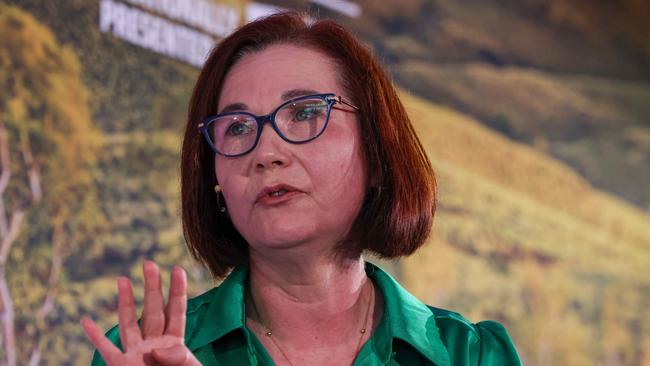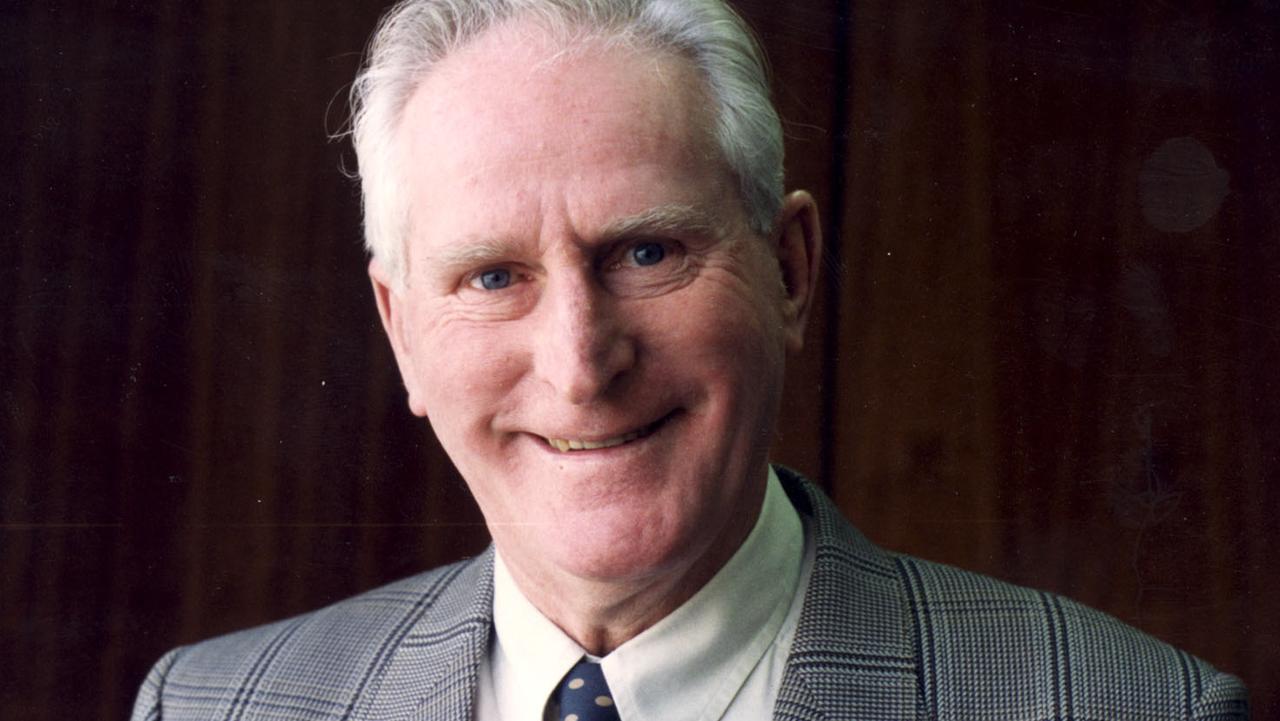Minerals Council of Australia boss Tania Constable says Anthony Albanese wrong on tax credits
Minerals Council of Australia boss Tania Constable says Anthony Albanese is wrong about a key aspect of his flagship Made in Australia policy, amid a growing rift between the mining lobby group and Labor.

Minerals Council of Australia boss Tania Constable says Anthony Albanese is wrong about a key aspect of his flagship Made in Australia policy, amid a growing rift between the mining lobby group and Labor in the countdown to the federal election.
Ms Constable said the Prime Minister didn’t understand his government’s critical minerals tax incentive – touted as having the potential to deliver $7bn in credits for downstream processing over 10 years – and was incorrect in his claim it would be paid based only on success.
“The Prime Minister’s claim demonstrates a misunderstanding of how the production tax incentive actually works,” she said.
“The assertion that it only pays out on success needs immediate clarification. This incentive is designed as a refundable tax credit, meaning payments are made regardless of whether a company is profitable.
“It’s tied to operating costs, not success, revenue, or profitability or even the commencement of construction.
“The credit refunds 10 per cent of eligible expenses, whether or not a company generates profit, making it a cost-based credit — not a success-based one.”
Mr Albanese has bristled at MCA warnings about duplication of green tape and Indigenous consultation under his Future Made in Australia agenda.
Those concerns, echoed by WA Premier Roger Cook, the Chamber of Minerals and Energy in WA and the Association for Mining and Exploration Companies, centre on an overarching requirement under FMIA for critical minerals mining and processing projects to deliver “community benefit”.
Mr Albanese has suggested the Minerals Council does not speak for miners in WA – the home of the nation’s lithium industry, biggest rare earths operations and a string of mothballed nickel mines in the critical minerals space.
Campaigning in northern Australia on Wednesday, Mr Albanese said: “Bear in mind this is production tax credits. That is, it pays on success. Only if you’re successful do you get a credit on your tax by definition. It’s an incentive for investment and it’s something the Coalition are opposed to.”
Mr Albanese moved to clarify his “success” comments in response to the MCA’s criticism.
“A company needs to produce the critical mineral to get the production tax incentive,” a spokesman for Mr Albanese said.
The tax credits became a hot political issue as soon as they were announced in the budget last May, with opposition Treasury spokesman Angus Taylor branding them “billions of dollars of handouts to billionaires”.
Ms Constable warned Labor last year that it risked creating “white elephants” without proper controls on a scheme also meant to encourage hydrogen projects.
AMEC acting chief executive Neil van Drunen said on Thursday Mr Albanese and WA-based Resources Minister Madeleine King were on the right track in trying to encourage investment in downstream processing of critical minerals.
“If Australia is value-adding minerals and strengthening our supply chains, then that is the very definition of success,” he said.
“In order for Australia to be successful and compete in a world with the Inflation Reduction Act and other similar initiatives, we need to incentivise companies. That’s exactly what the production tax credit does.
“The PM and minister King are putting Australia first. This takes vision … Australia is in a race with the rest of the world to secure the critical minerals of the future.”
AMEC lobbied hard for the tax scheme, so the support is expected, but it also wants greater certainty on “community benefit” principles for companies mulling multibillion-dollar investments.
AMEC is in talks with Treasury about how the scheme will be run if Labor wins the election.



